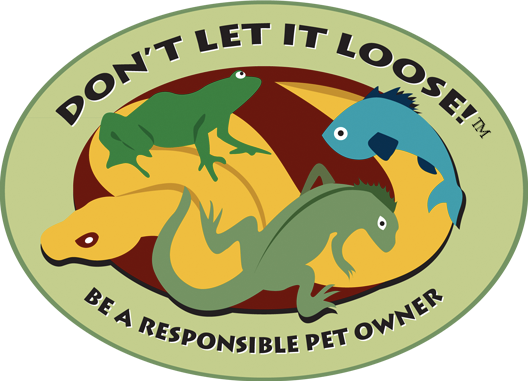Livingston, Mont. – In early March when local pet store employee Maggie Brown realized that an aquarium product might be harboring an invasive species, she didn’t hesitate in sounding the alarm. Her quick actions set off a national response and may have saved millions of dollars in mitigation fees for taxpayers across the United States. Keeping invasive species out of our waterways has untold benefits to the environment as well. It turns out that the zebra mussel-infested products in this Seattle pet store were just the tip of the iceberg: at least 26 US states and multiple Canadian provinces subsequently found mussel-contaminated products within their borders.
This week, conservation organization Invasive Species Action Network (ISAN) recognizes Seattle local, Maggie Brown, for her role in this important event with an Excellence in Conscientious Conservation Award. The organization’s Don’t Let it Loose program works with independent pet stores across the country to prevent invasive species introductions, so they wanted to honor Brown’s efforts.
“Maggie’s initiative and confidence to recognize there was a serious issue related to invasive species spread is nothing short of amazing,” says Leah Elwell, executive director of ISAN. “She proved that simple actions can have a powerful, positive impact. Her actions should be congratulated!”
Brown reported her concern using the US Geological Survey’s non-indigenous species database which receives roughly 1000 reports from people a year. Brown is a biology student at Seattle University who has always loved identifying animals, in particular invertebrates. Her parents fostered curiosity and scientific thinking, and often took the family to museums, zoos, and the beach during low tide to explore the intertidal life.
When asked about her response to the situation, Maggie had this to say, “My advice, in general, is to pay attention. Trust yourself when you feel like something shouldn’t be where it is. Looking closely at things has its own rewards outside of just finding invasive species. If you see something you think is weird… That could mean that now you know something new or now you have identified an invasive species.”
The contaminated products, marketed as aquarium moss balls, are put into aquariums as a feature for fish or for visual enjoyment. These moss ball products originated in central Europe, where invasive zebra mussels are native. Elwell says of the moss ball discovery, “The spread of invasive zebra mussels often takes place with boats and other recreation gear, so finding them in aquarium products really broadens the scope on how they might be spread.”
To learn more about how you can help prevent the spread of invasive species, visit dontletitloose.com and stopais.org. Invasive Species Action Network is a conservation non-profit organization founded in 2008 that works to prevent the spread of invasive species by promoting voluntary behavior change.
Click here for the full press release.
